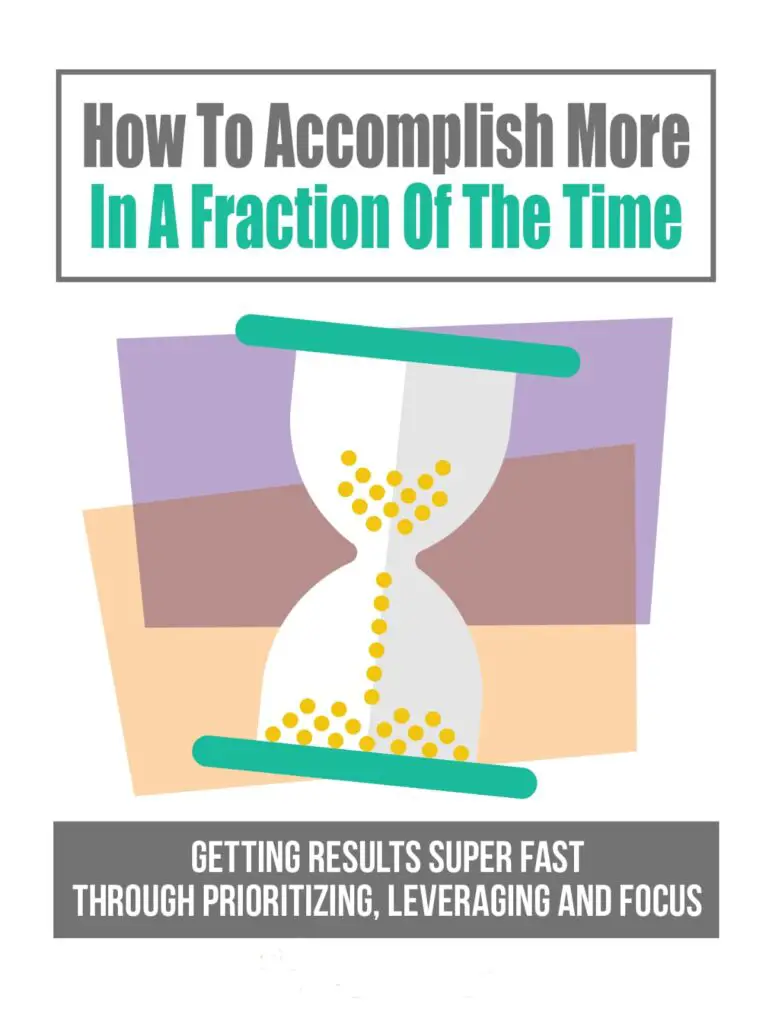I recently came across an interesting study published in the British Journal of Social Work, which says a staggering 67% of social workers experience high levels of burnout, characterized by emotional exhaustion, depersonalization, and a diminished sense of personal accomplishment. Now, I honestly don’t believe you need a peer reviewed journal to tell you this. BUT this sobering statistic does underscore the immense emotional and physical toll that the field of social work can take on its dedicated professionals. Now, don’t get me wrong, the work you do is invaluable and often life-changing, but it clearly comes with significant challenges and stressors. Because of these challenges, it’s crucial to consider important questions to ask yourself when evaluating your career path and well-being in profession.
As a social worker, you have dedicated countless hours to improving the lives of individuals, families, and communities, often putting their needs before your own. But, there may come a time when the burnout becomes too overwhelming, or you find yourself yearning for a new challenge that aligns better with your evolving interests and goals.
- Questions To Ask Yourself When Navigating Career Change In Social Work
- Current Role Reflection
- Values and Principles
- Skills and Strengths
- Interests and Passions
- Work-Life Balance and Lifestyle
- Job Stability and Security
- Education and Training
- Work Environment and Culture
- Flexibility and Autonomy
- Location and Travel
- Long-term Aspirations and Goals
- Entrepreneurship and Self-employment
- Risk and Comfort Zone
- Impact and Contribution
- Non-negotiables
- Work Settings
- Responsibility and Leadership
- Stress and Emotional Demands
- Client and Public Interaction
- Problem Solving and Creativity
- Analytical and Quantitative Work
- Nonprofit and Social Impact
- Conclusion
- FAQs:
- 1. How long should I expect the career change process to take?
- 2. Should I consider taking a career assessment or working with a career coach?
- 3. How do I explain my motivations for a career change during job interviews?
- 4. Should I consider starting my own business or consulting practice?
- 5. How do I manage the financial implications of a career change?
Questions To Ask Yourself When Navigating Career Change In Social Work
Whether you’re feeling unfulfilled in your current role or looking to explore new opportunities that better align with your values, it’s crucial to ask yourself the right questions to guide your decision-making. To help you on this journey, I’ve compiled a comprehensive list of 50 questions that cover various aspects of career reflection, from evaluating your current job satisfaction to envisioning your ideal work-life balance. By thoughtfully considering these questions, you can gain clarity and direction as you take the next steps in your professional life.
Current Role Reflection
- What aspects of your current role in social work are you finding unfulfilling or draining?
- What aspects of your current role in social work do you find most rewarding or fulfilling?
Values and Principles
- How important is it for your next role to align with your personal values and ethical principles?
- What values or principles have guided your career choices so far?
Skills and Strengths
- What transferable skills have you developed through your social work experience?
- What natural strengths and talents would you like to cultivate?
- What skills or experiences from your social work background could be valuable in other industries or roles?
Interests and Passions
- How have your personal and professional interests evolved?
- Do you feel particularly passionate about specific populations or social issues?
- Are any specific industries or sectors pique your interest or align with your values?
Work-Life Balance and Lifestyle
- What work-life balance are you striving for in your next career?
- What type of work schedule and hours are you looking for in your next career?
- How do you envision your ideal work-life balance and lifestyle in your next career?
- What level of work-life integration do you desire in your next role?
Job Stability and Security
- How important are job stability and financial security to you in your next role?
- How important is job security and stability to you in your next role?
Education and Training
- Are you open to pursuing additional education or training to facilitate your career change?
- How important is the potential for professional development and continuing education in your next career?
Work Environment and Culture
- What work environment and organizational culture align best with your values and work style?
- Do you thrive in collaborative or more independent work settings?
- What work culture and organizational values do you thrive in?
- What work environment and organizational culture do you thrive in?
Flexibility and Autonomy
- How much flexibility or autonomy do you require in your next role?
- What autonomy and decision-making power do you desire in your next role?
- What autonomy and decision-making power do you desire in your next role?
Location and Travel
- Are there any geographic or location constraints you need to consider?
- Are you willing to relocate or commute for the right career opportunity?
- How significant is the potential for travel or international opportunities in your next career?
Long-term Aspirations and Goals
- What are your long-term career aspirations and goals?
- How significant is your next career’s potential for growth and advancement?
Entrepreneurship and Self-employment
- Are you interested in pursuing entrepreneurship or self-employment opportunities?
- Are you open to exploring entrepreneurial or self-employment opportunities?
- How comfortable are you with starting your own business or social enterprise?
- Are you open to exploring consulting or freelance opportunities as a career change option?
Risk and Comfort Zone
- How comfortable are you with risk-taking and stepping outside your comfort zone?
Impact and Contribution
- What impact do you hope to have in your next career?
- How important is it for your next career to directly contribute to social good or community impact?
- How significant is community engagement or public service potential in your next career?
Non-negotiables
Work Settings
- Are you open to remote or hybrid work arrangements?
- Are you interested in exploring careers that involve more hands-on or physical work?
- Are you interested in exploring careers that involve more technical or specialized skills?
Responsibility and Leadership
- What level of responsibility and leadership opportunities are you seeking in your next career?
- How significant is the potential for mentorship or leadership development opportunities in your next career?
Stress and Emotional Demands
- What level of stress and emotional demands are you comfortable with in your next role?
Client and Public Interaction
- How comfortable are you with public speaking or client-facing roles?
Problem Solving and Creativity
- What types of challenges or problems do you find yourself naturally gravitating towards solving?
- How significant is the potential for creativity and innovation in your next role?
Analytical and Quantitative Work
- Are you interested in exploring careers that involve more analytical or quantitative work?
Nonprofit and Social Impact
- Are you open to exploring careers in the nonprofit or social impact sector?
These 50 thought-provoking questions were designed to help you think through the complexities of a career change in social work. The goals of the questions is to prompt you to explore your motivations, assess your transferable skills, and identify potential career paths that align with your passions and goals.
In addition to this list, I’m also offering a free download: “6 Self-Reflective Questions To Help You Decide On A Meaningful Career In Social Work.” This resource is designed to help you take a deeper dive into exploring your career motivations and aspirations. These six questions will further guide you through a focused self-assessment, making it easier to identify the career path that aligns with your passion and purpose. Download it now to continue your journey, mapping out a fulfilling and impactful success path in social work.

Conclusion
Navigating a career change can be a transformative and empowering journey, but it requires deep self-reflection, honest assessment, and a willingness to explore new possibilities. The 50 Questions To Ask Yourself in this guide are designed to help you navigate this process with clarity, purpose, and a heightened sense of self-awareness.
Remember, there is no one-size-fits-all solution when it comes to career change. Each individual’s path will be unique, shaped by your own personal values, strengths, and aspirations. By taking the time to consider these questions thoughtfully, you will be better equipped to identify career paths that align with your goals and bring a sense of fulfillment and purpose to your career as a social worker.
This article is all about 50 Questions To Ask Yourself When Navigating Career Change In Social Work
Read more: 45 Alternative Careers For Social Workers And Ideas To Improve Workplace Culture
FAQs:
1. How long should I expect the career change process to take?
The timeline for a career change can vary significantly depending on factors such as the industry you’re transitioning into, whether additional education or training is needed, and your circumstances. Being patient and allowing yourself the necessary time to explore your options and make informed decisions should be your top priority.
2. Should I consider taking a career assessment or working with a career coach?
Career assessments and working with a professional career coach can be invaluable resources during the career change process. They can provide objective insights, personalized guidance, and support in identifying your strengths, values, and potential career paths that align with your goals.
3. How do I explain my motivations for a career change during job interviews?
Being honest and authentic when discussing your motivations for a career change during job interviews is so important. You want to make sure you highlight how your transferable skills and experiences from social work can be valuable assets in the new role or industry. You want to be sure to emphasize your genuine passion and commitment to the new path you’re pursuing. So make sure you do your research!
4. Should I consider starting my own business or consulting practice?
Entrepreneurship or consulting can be great options for social workers considering a career change, as they allow for greater flexibility, autonomy, and the opportunity to leverage your expertise and skills in new ways. However, it’s crucial to carefully evaluate your financial situation, risk tolerance, and entrepreneurial mindset before pursuing this path.
5. How do I manage the financial implications of a career change?
Navigating the financial implications of a career change can be challenging, especially if it involves taking a pay cut or pursuing additional education or training. I recommend making a detailed financial plan, while exploring potential sources of income or savings. Also, be prepared to make temporary sacrifices or adjustments to your lifestyle during the transition period.









